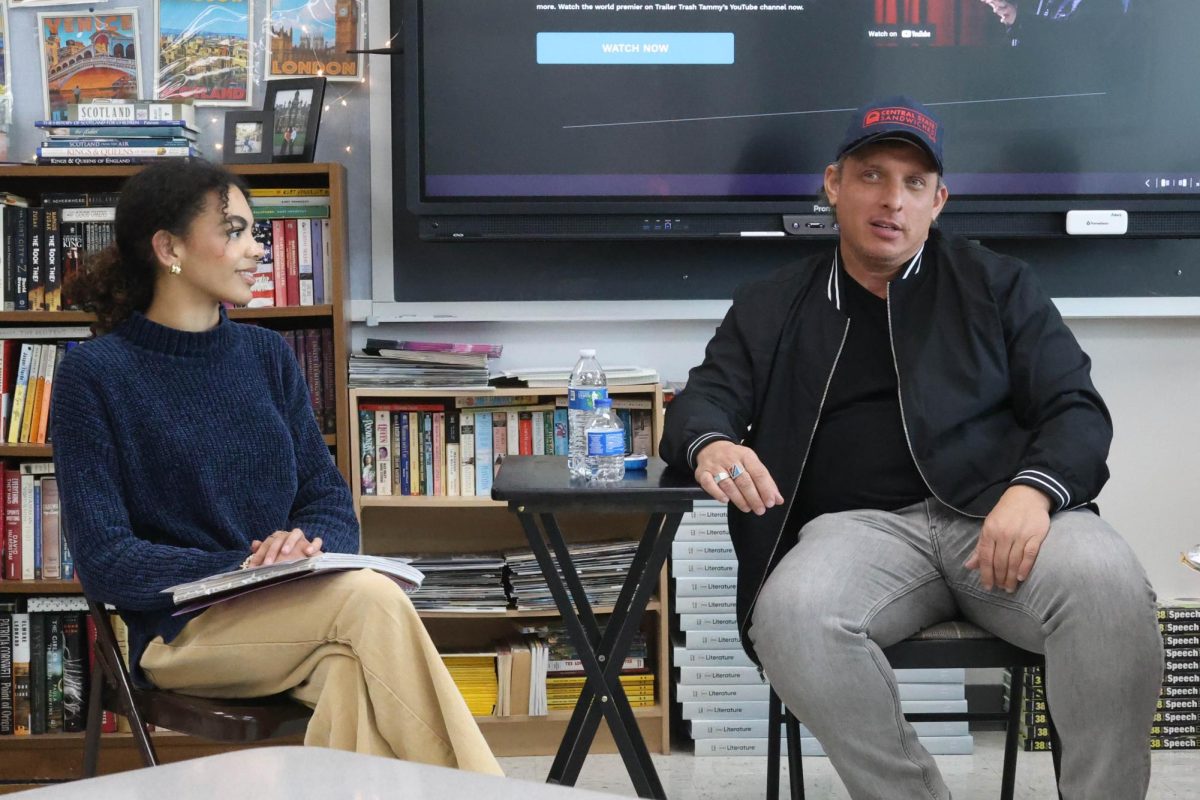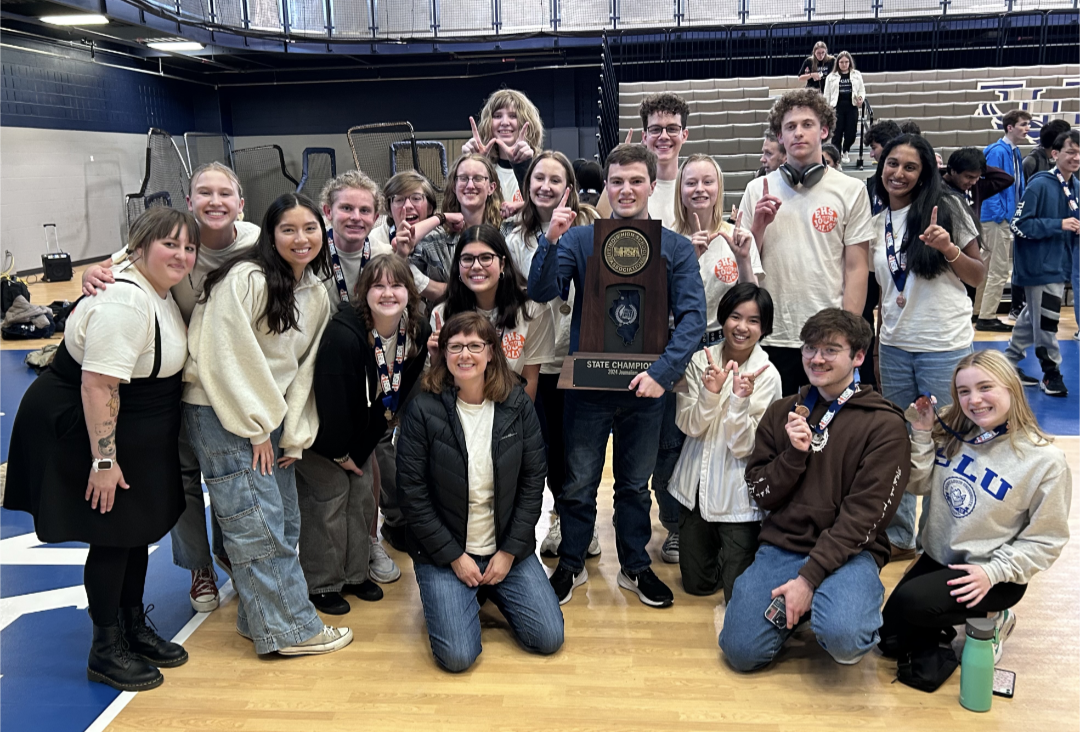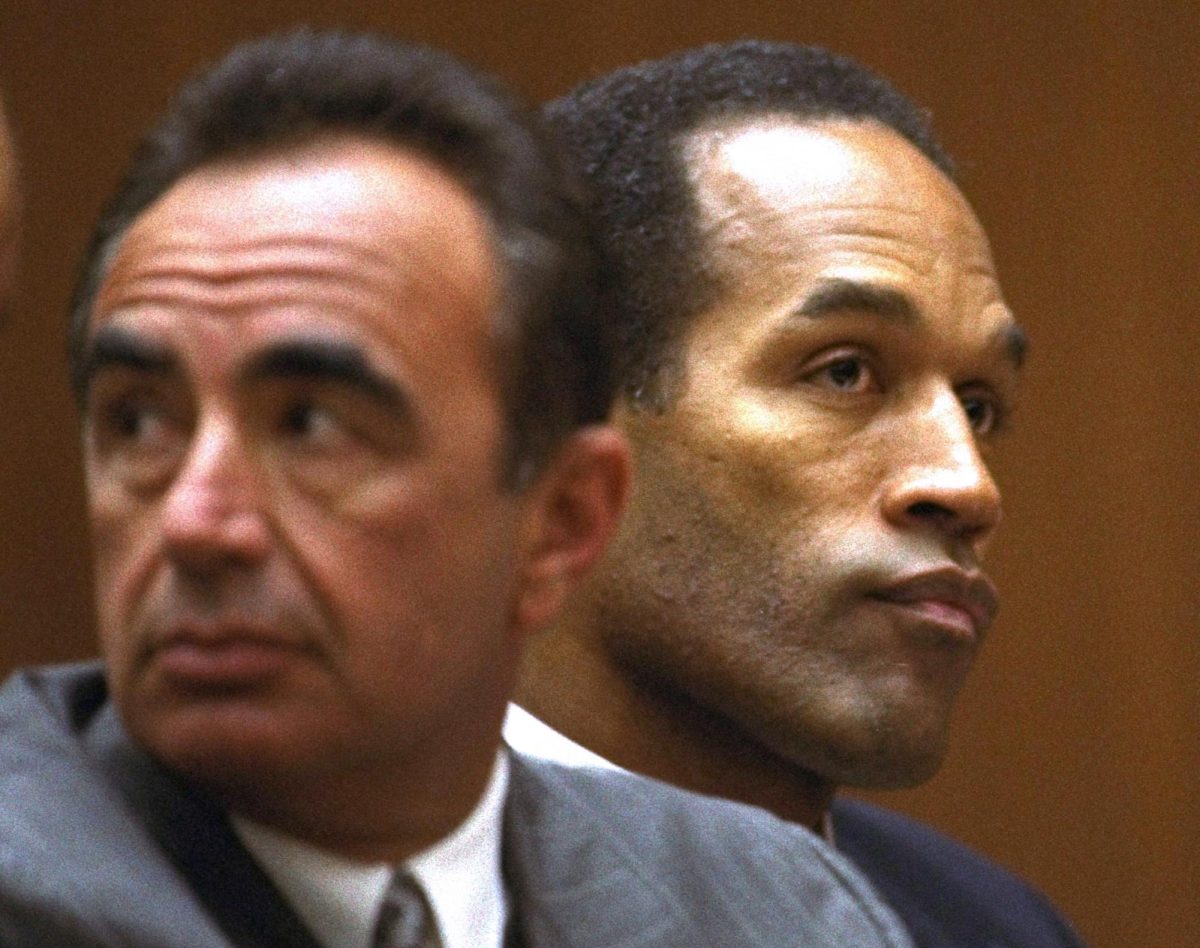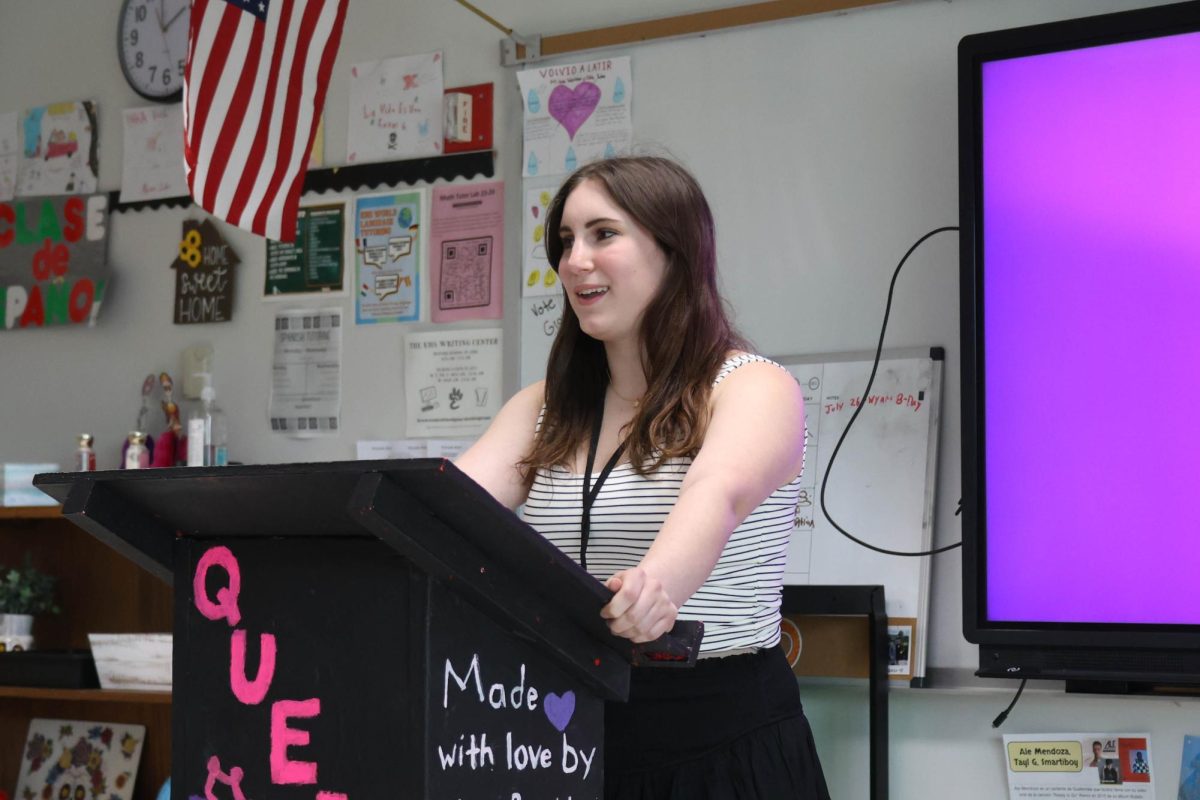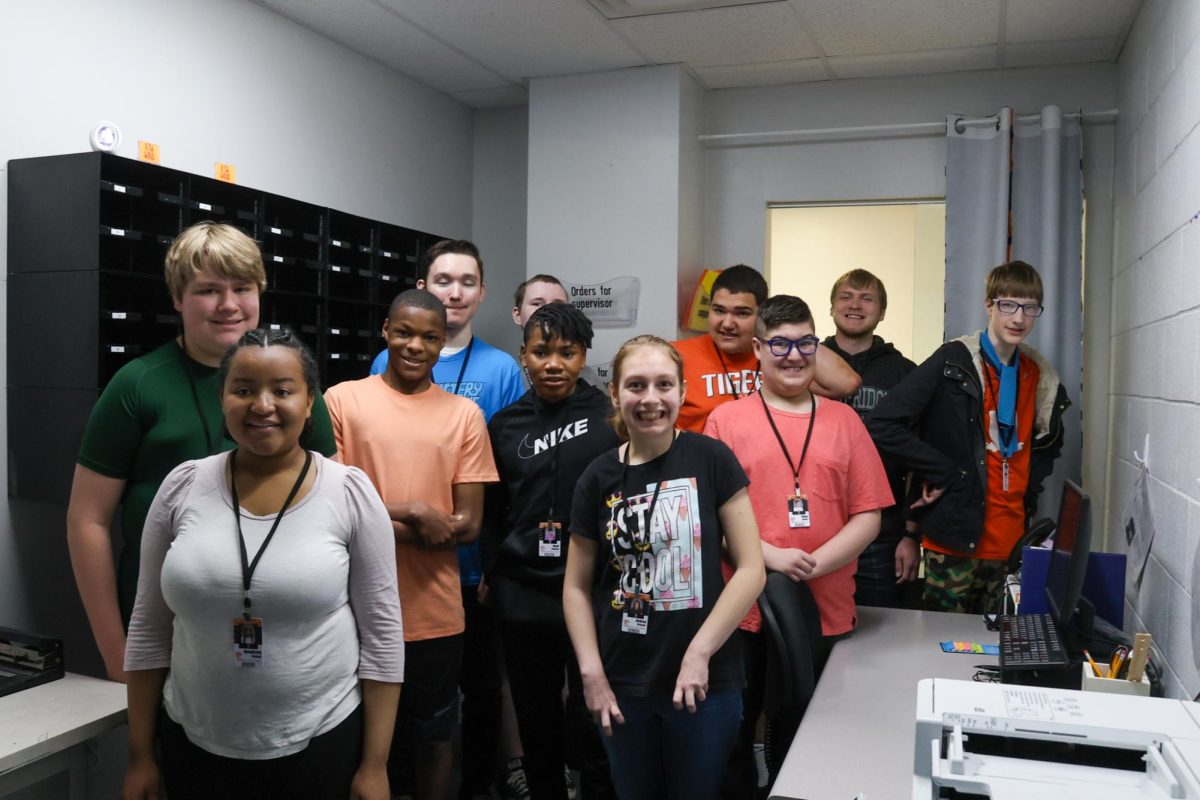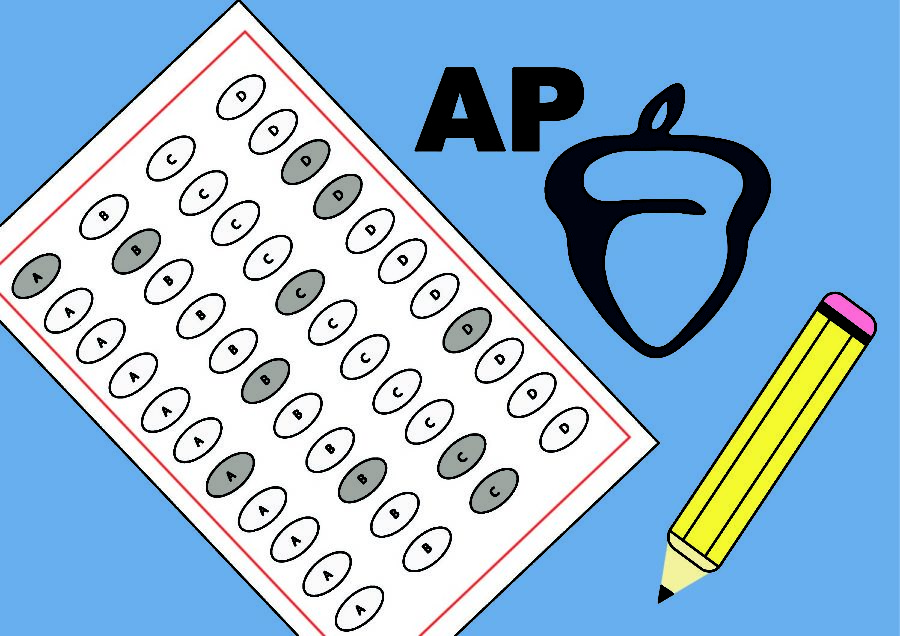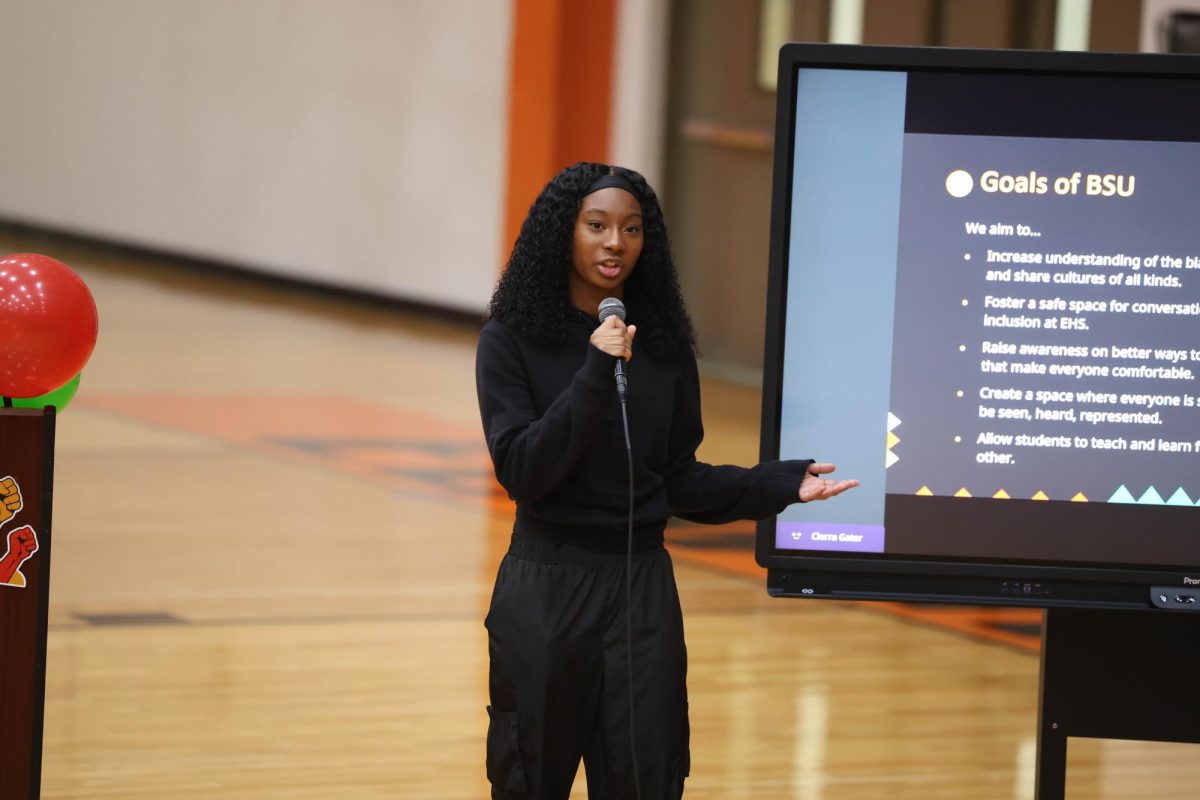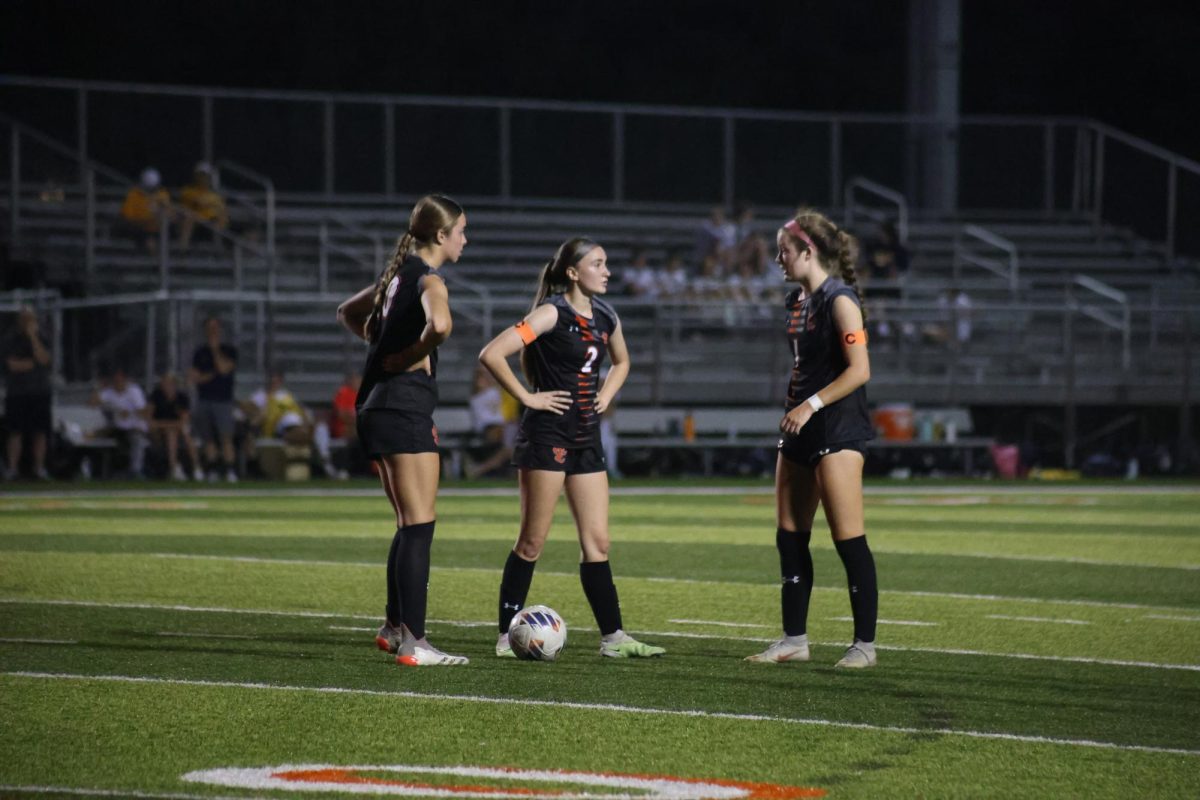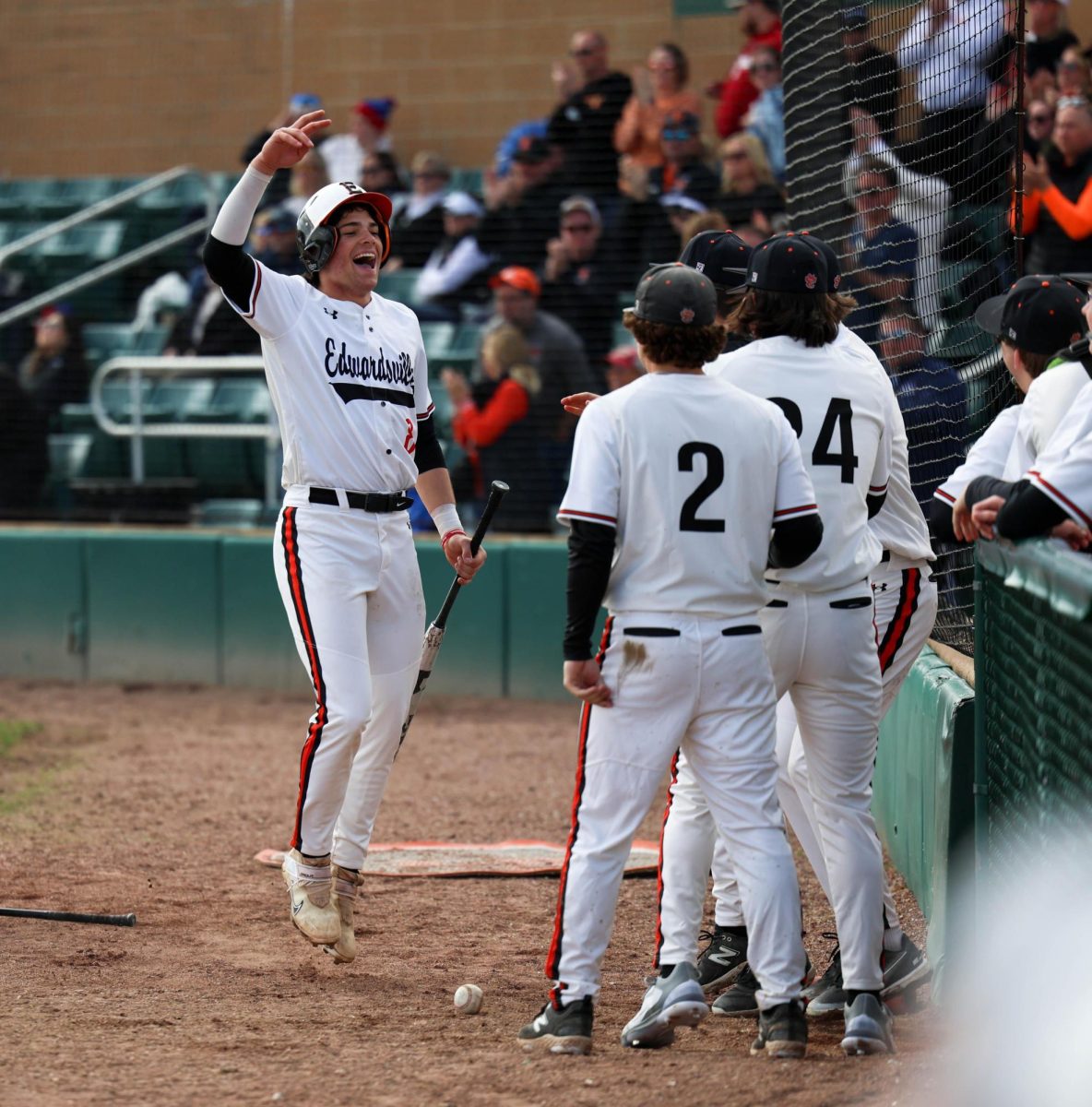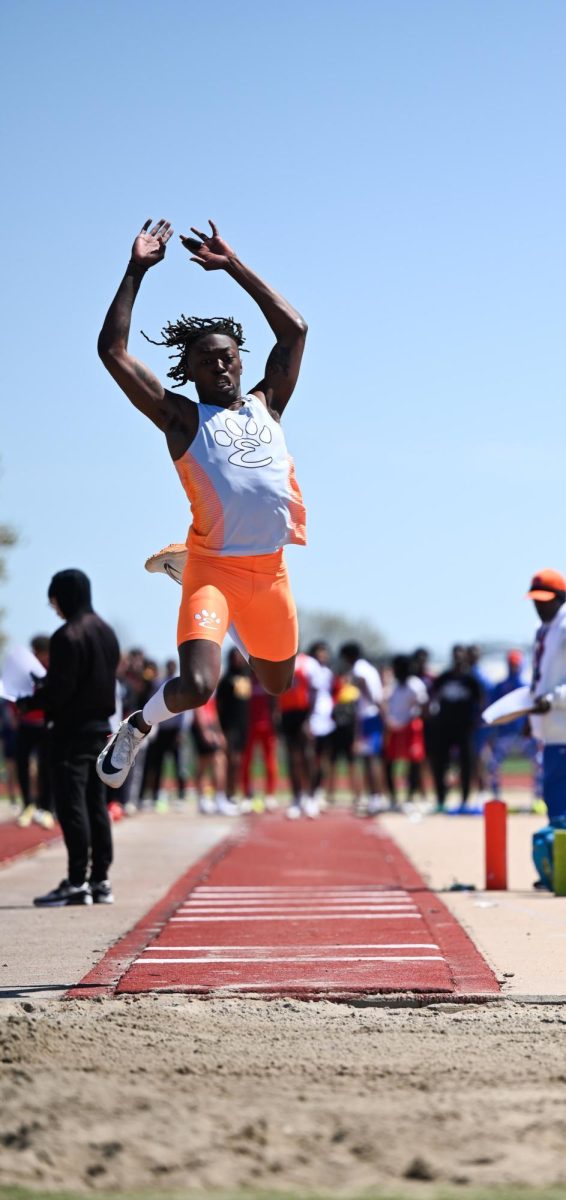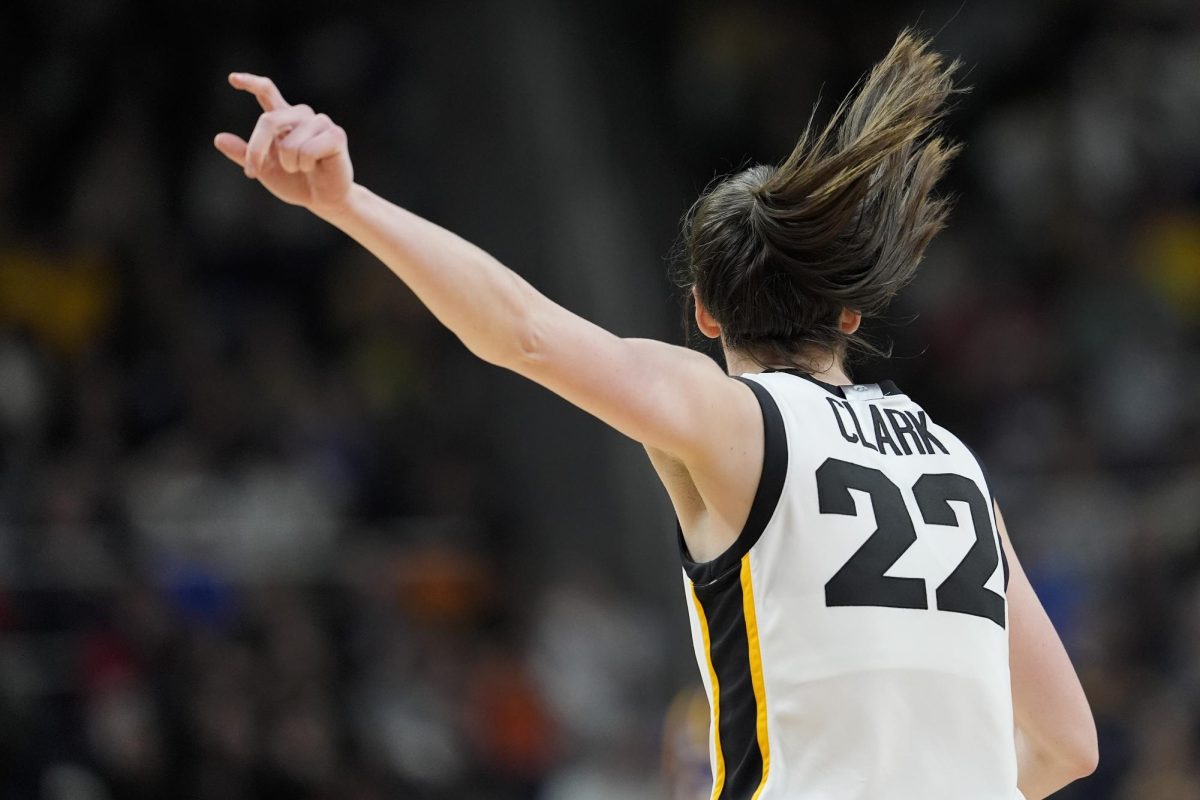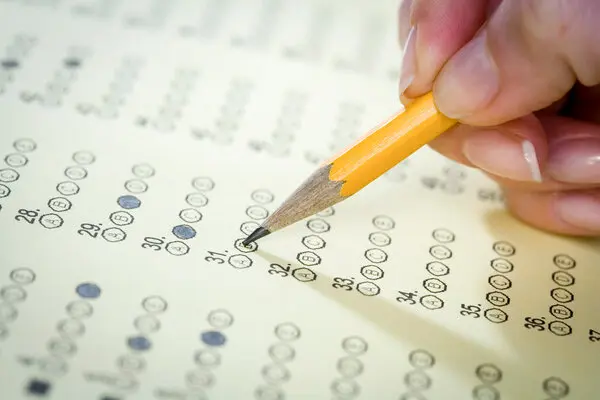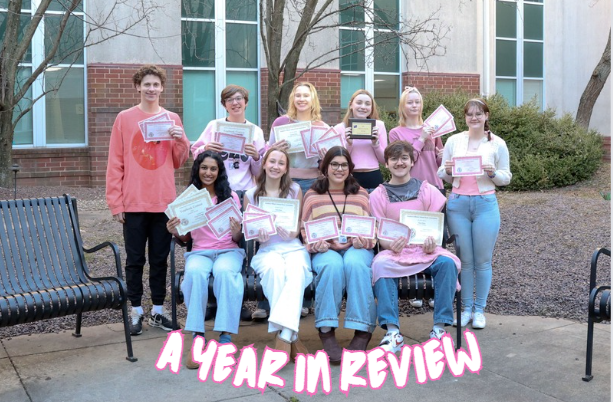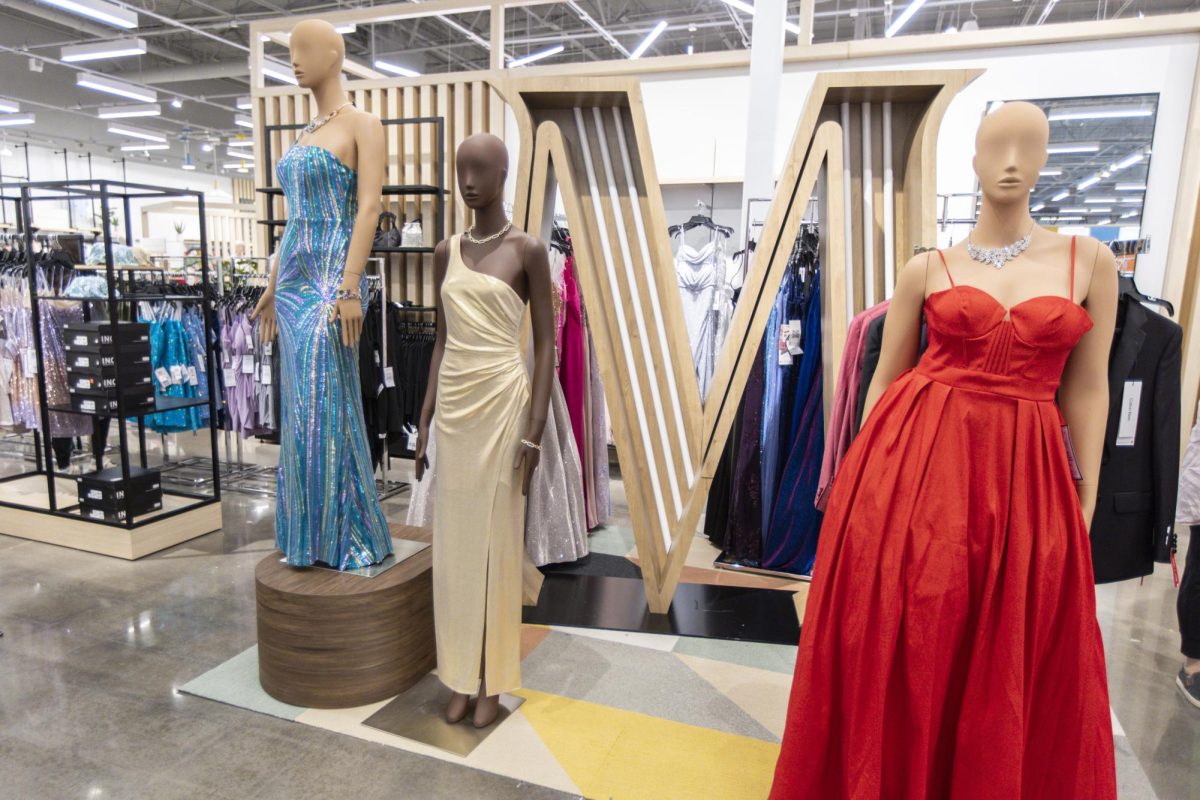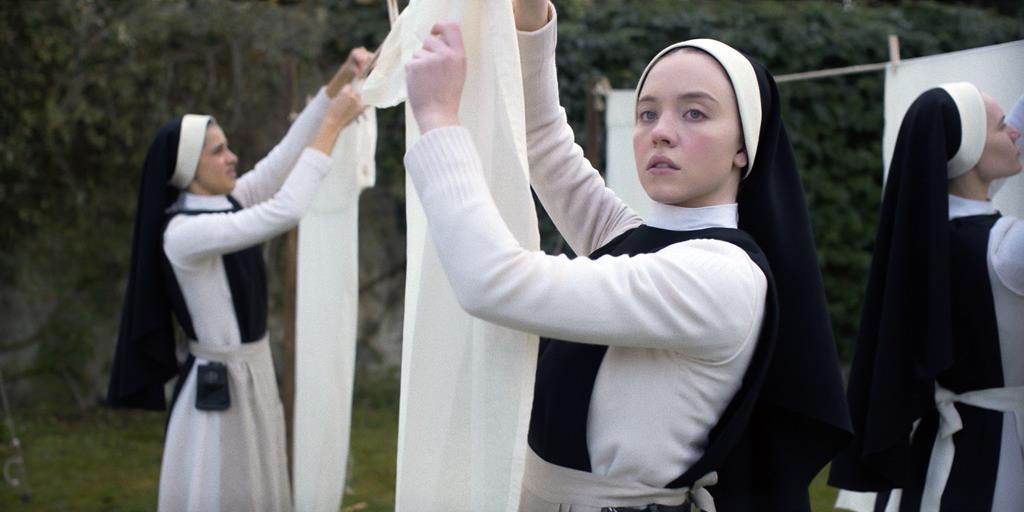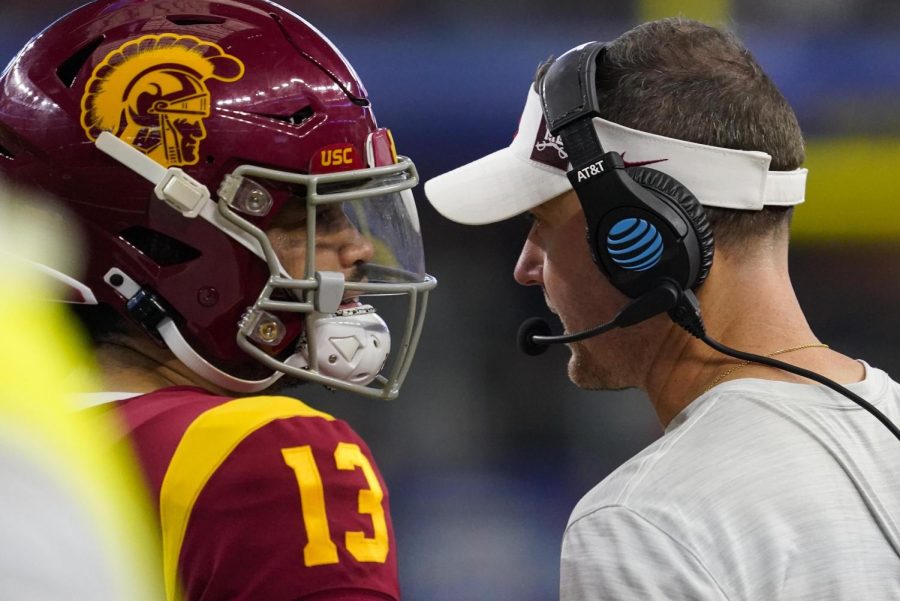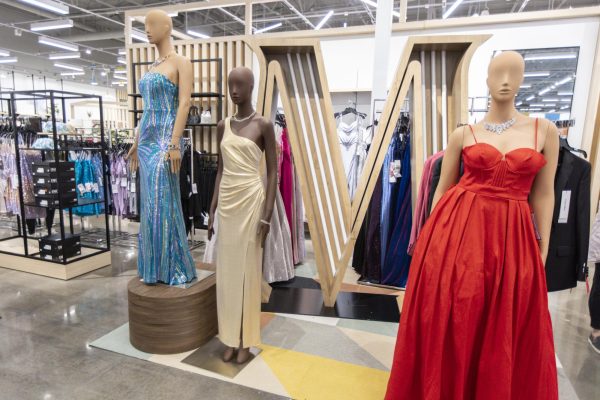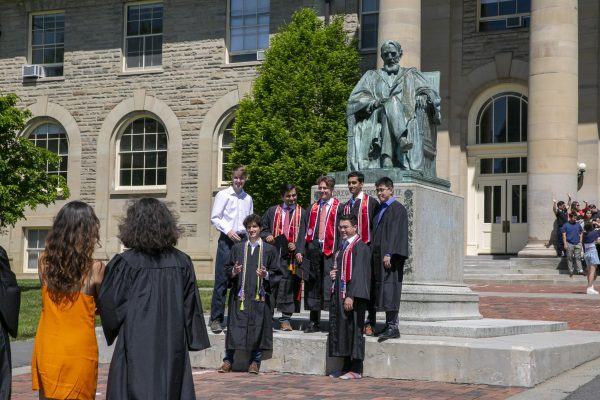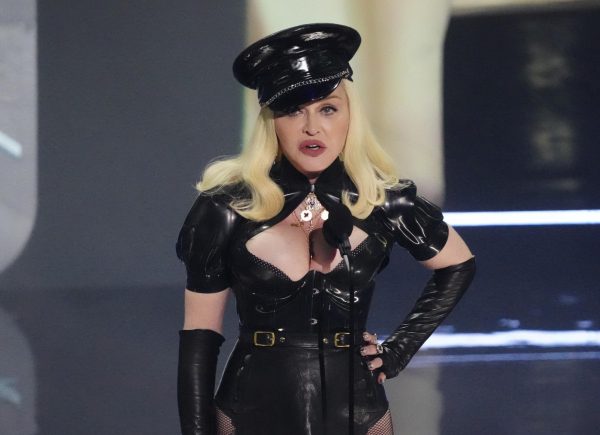Stop Commercializing College Football
USC quarterback Caleb Williams has received over $3 million in sponsorships after he transferred from University of Oklahoma.
January 20, 2023
College football players used to have a reputation of selfless, perseverant individual athletes who embody an entire university, city or community. These players didn’t care about instant success, personal gain or fame. In the past few years, college football players transitioned from selfless to selfish by way of abusing the transfer portal.
The transfer portal allows all student athletes to declare their desire to transfer by entering their names in an online NCAA database. For college football, the portal opens on Dec. 5 and closes on Jan. 18, giving players over a month to make a decision.
The portal was not an issue until 2021, when the NCAA approved their name, image and likeness policy allowing players to profit off their own marketing and promotional efforts. Prior to then, athletes could not involve themselves in any sponsorships, sign any jerseys, or even be featured in college football video games.
The new NIL deals combined with the usual offseason struggle between programs to sign top players has given college football a reality TV feel: fraudulent, excessive and commercialized.
When a promising player signs to a school, they commit to delivering that school at least three years of competition. Now, coaches and a college’s fan base have to worry about whether or not they can maintain that player‘s loyalty. According to CBS Sports, over 3,000 collegiate football players entered the transfer portal between the 2021 and 2022 season. Around 1,600 football players entered the portal in the 2019 to 2020 cycle. College football has lost its loyalty factor.
Neither the NIL deals nor the transfer portal need to be abolished, just restructured. There is no salary cap in college sports, meaning there is no limit to the amount of money a college can give to their target in the transfer portal.
According to Sports Illustrated, star USC quarterback Caleb Williams received over $3 million in sponsorships this season after transferring from the University of Oklahoma. Players are conscious of the amount of revenue that can come from a market like southern California. With these developments, every talented player is sprinting to the largest payout, instead of a chance to compete.
Players used to be persuaded with a school’s campus, facilities and history. Athletes going where the money is creates an unreasonable balance of competition.
“It’s not supposed to be about making a decision based on how much money you’re going to make,” Alabama head football coach Nick Saban said in an interview with AL.com. “You should make a decision on where you have the best chance to develop as a person, student and player.
There is no reason why these young players should be coerced with money. It’s hard to blame an athlete for taking advantage of an opportunity to support themselves faster, but the ability to use financial status has revealed the lack of morality in many players and schools.
What looks like a new opportunity for an aspiring collegiate athlete is really a leap into the arms of the school who hands out the most NIL-related resources.
Refusing to pay these athletes seems like a simple solution, but this has been an ongoing goal for players and fans. College athletes getting paid was a never-ending debate before the NCAA finally concurred, creating a crash course between tradition and a new custom. The two were never supposed to coincide.
The NCAA is the same association that revoked USC running back Reggie Bush’s 2010 Heisman trophy after he received money from a marketing agency. Now powerhouse programs are allowed to lure student-athletes with thousands of dollars in promotional opportunities. Similar to professional sports, players are doing what they can to create a brand instead of representing their school.


